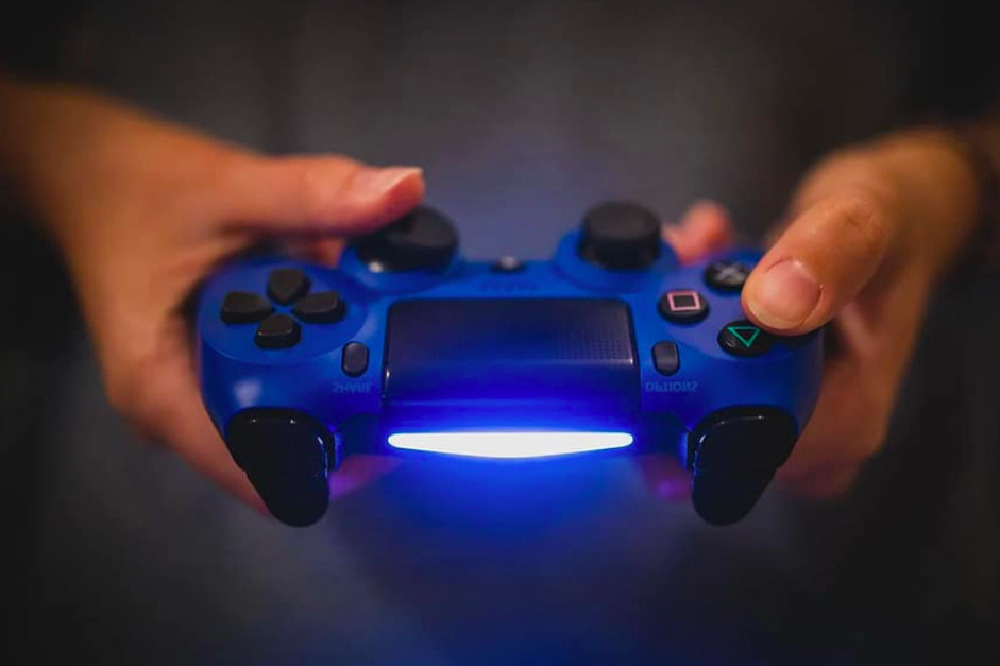In 2021, women accounted for 45% of gamers in the United States of America, which, for many, comes as a surprise based on the common line of thinking that the industry is an entirely male dominated one. This 45% is up from 41% of United States gamers identifying as women during the previous year.

Games Credit pikist.com/free-photo-szmvj
Whether its an industry, hobby or profession, if it is either male or female dominated, there is a tendency for the gender in the minority to feel discouraged to participate. The continual increase in interest in esports amongst women has the power to revolutionise the industry – and if the esports industry wants to realise its full, long-term potential – the lesson to take from this interest is likely to hold the key.
A Changing Landscape
The popularity of the online gaming industry is well known, as well as incredibly far reaching. Take for example its ongoing implementation into the world of casino games, allowing the industry to transform itself by offering players a more interactive experience. You can read more about the casino games on offer in the modern age in order to gain a deeper understanding of what is available today.
While the term gaming is broad and can refer to any form of video game on any platform, esports is concerned with competitive video gaming. If you want a comparison to illustrate this, let’s compare the act of going for a dip in the pool to cool off in the summer to competing in the 200m freestyle event at the Olympic Games.
The esports market surpassed the $1 billion mark in 2019, a number that is expected to continue to grow. So, let’s now focus in on how female participation could hold the key to esports fulfilling its potential, in every sense of the word.
Dynamic Diversity
Unlike the majority of other professional sports, mixed gender teams have the ability to compete in esports competitions. Moreover, esports has the potential to be one of the most dynamic and diverse industries in existence due to another unique aspect of its parameters. While sporting ability is, of course, impacted by commitment and hard work, it is undeniable that a lot of it is to do with natural talent and genetic makeup, a point illustrated by the term ‘natural born athlete’. That’s why the tallest soccer player are often at an advantage to win headers, an attribute that is helpful in both defensive and offensive aspects of the sport.
However, when it comes to esports, neither gender, height, race, physique nor nationality have any impact on an individual's possibility to reach the pinnacle of the sport. If the esports industry supports women and promotes the sport correctly, it could well be a shining example for the potential of inclusivity on a broader scale.
The Road Ahead
As female representation in esports continues to rise, a new generation of women will be inspired to feel confident in playing video games in an online environment.
When it comes to the esports industry directly, tapping into the female market can unlock the potential of the sport on two levels. Firstly, more viewership and interest will lead to more revenue. Secondly, and perhaps most importantly, esports could lead the line on how inclusivity is beneficial to all on a world stage.

